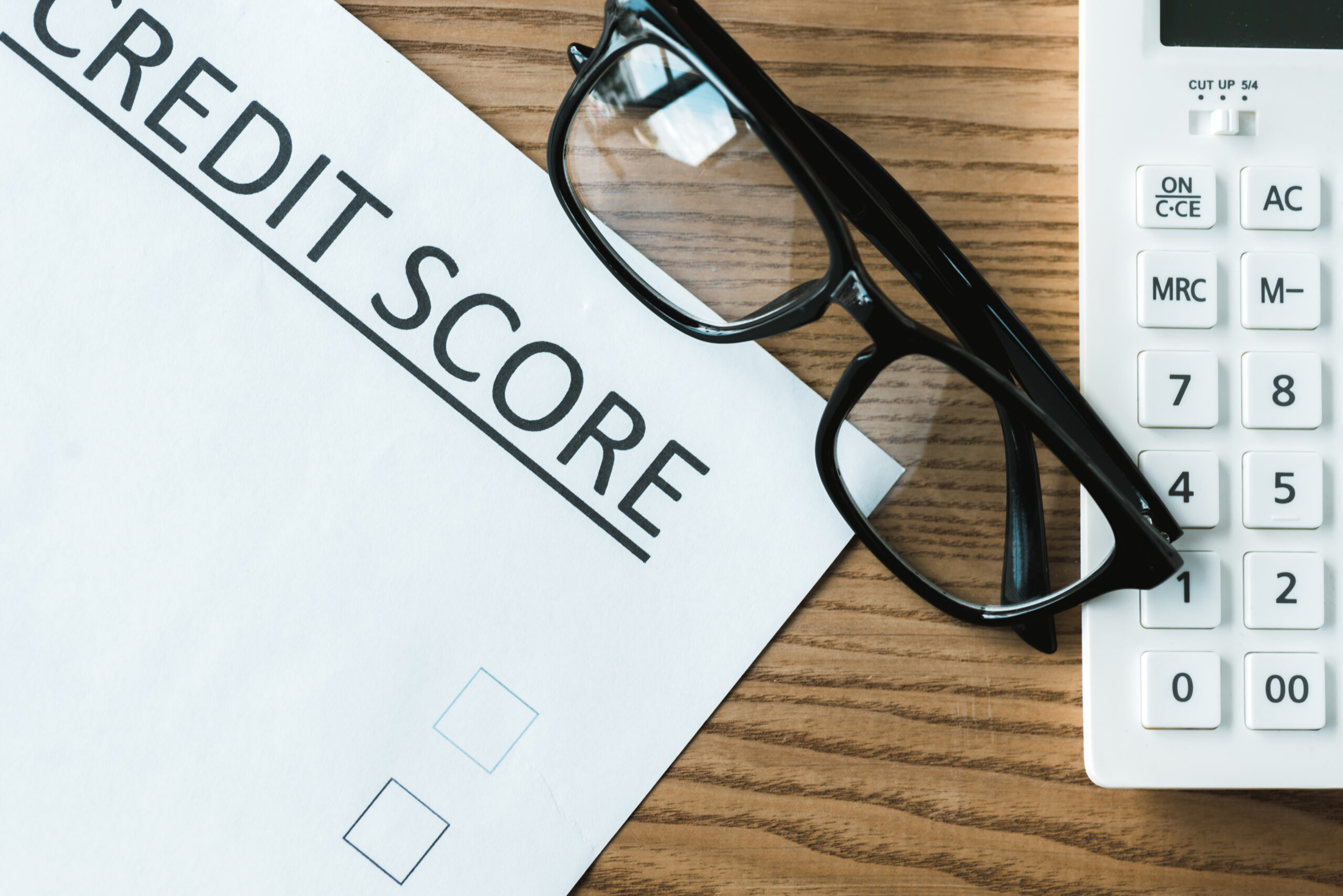How does one improve their credit score? Here are four key tips to help you build your credit profile this year.

What is a reverse mortgage and is it right for you?
Most of us have heard of reverse mortgages before, but are they a good option? A big group of home owners have most of their savings locked inside their home’s equity. This means their house is their biggest asset and potential source of income. As people prepare to retire, they may find they don’t have the funds they need to afford their home. However, they would if they were able to access part of their home’s value in cash. This is where a reverse mortgage comes in handy. It can be a solution for people who need access to their home’s equity without selling, but it isn’t right for everyone. Here’s how a reverse mortgage works in Canada, and who should consider it.
What is a reverse mortgage?
Homes are many retirees’ biggest source of savings. A reverse mortgage is a way to access your home’s equity when you retire, without actually selling it. With a reverse mortgage, you can convert part of your home’s value into cash. Depending on your age and the value of the home, you can access up to 55 per cent of your home’s equity. The borrowed funds must be repaid when you sell the home or when it’s no longer your primary residence. Since it’s targeted to retirees, you must be 55 to be eligible for a reverse mortgage. The Government of Canada’s reverse mortgage information page has lots of details about this type of loan.
How does the repayment process work?
Repaying a reverse mortgage isn’t the same as a regular mortgage. Unlike a traditional mortgage, you don’t need to make regular payments. In fact, you don’t need to make any payments at all until you move or sell, or the last borrower dies and the balance is due. While you can always repay the full amount earlier than these points, you might face a fee. This is a bit like paying off a mortgage early and facing a prepayment penalty. Timing for repayment can vary as well. Sometimes, the payment is due within a few months, or it can be a year or more. Reverse mortgages might have higher interest rates than traditional mortgages as well (more on that later).
What are the benefits?
There are definitely some distinct advantages of a reverse mortgage if it fits your situation. First, you don’t have to make regular payments during the loan period. While traditional mortgages require monthly payments, the amount due for a reverse mortgage is held off until the end of the term. This means your finances won’t be affected during the length of your reverse mortgage, and you don’t need to stress about making payments each month. Next, you can enjoy the value of your home without selling. There are lots of home owners who don’t want to move, but still want to access their home’s equity. A reverse mortgage can be great for these people, as it provides them with part of their home’s value without actually selling. Finally, the money you borrow isn’t taxed. There is still interest on the money you borrow, but it’s excluded from your taxable income. This means you won’t face any extra charges come tax season.
What are the drawbacks?
Of course, all good things have some downsides, and reverse mortgages are no exception. Most notably is the fact that interest rates for these mortgages are higher than other mortgages. Since there are no regular payments during the term length, a lender has less assurance when, or if, you will pay the full amount back. To get around this issue, they charge higher interest rates. Also, when you access this cash, your home equity decreases. Since you’re taking some of the equity out of your home to access this cash, you’ll obviously have less equity left as a result. Finally, a reverse mortgage minimizes the amount left in your estate. This isn’t a deal breaker, but it does mean you will have less to pass on in a will.
So, who is it right for?
Reverse mortgages definitely aren’t right for everybody, but although they take a decent amount of criticism, there are situations where they are an excellent option. If you plan to stay in your home for the long haul, and need access to home equity, they can be great. If your equity is locked inside your home and you need access to cash, a reverse mortgage can be a viable solution. Since reverse mortgages have upfront fees that can be pricey, and the amount you borrow is due back when you move, there are no big benefits of doing this if you plan to leave soon.
Have any questions about reverse mortgages and whether they’re right for you? Give us a call at Centum Home Lenders at 506-854-6847, or get in touch with us here.



